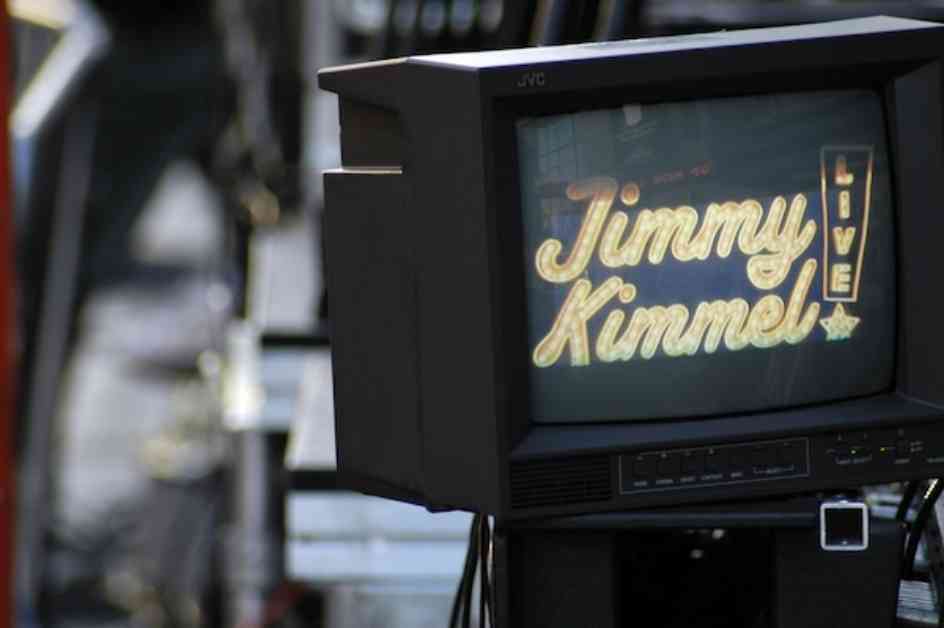Dismissal of Copyright Lawsuit Against Kimmel and ABC for Cameo Clip Segment
On Monday, the U.S. District Court for the Southern District of New York made a significant decision to grant a motion to dismiss a copyright infringement lawsuit involving a popular late-night talk show. The lawsuit, brought forth by former U.S. House of Representatives member George Santos, alleged that Jimmy Kimmel, the executive producer and host of Jimmy Kimmel Live!, violated copyright laws by using multiple Cameo videos created by Santos without proper authorization. Santos named both Kimmel and ABC, the network that airs the show, as Defendants in the case.
Background of the Lawsuit
The legal battle began in December 2023 when Santos faced federal charges of wire fraud, money laundering, and theft of public funds in connection with a fraudulent political scheme. As a result, Santos was expelled from Congress. Shortly after, Santos created an account on Cameo.com, a platform where users can request personalized video messages from various celebrities and public figures.
Kimmel’s Involvement
Following Santos’s appearance on Cameo, Kimmel created fake accounts under different names and submitted several requests to Santos, each containing various prompts. Santos created a total of 14 videos in response to Kimmel’s requests, which led to the introduction of a new segment on Jimmy Kimmel Live! titled “Will Santos Say It?” The segment aired twice on the show and was later uploaded to Youtube.
Copyright Infringement Allegations
Santos registered each video with the Register of Copyrights and subsequently filed a lawsuit against Kimmel, ABC, and Disney, ABC’s parent company, alleging copyright infringement, fraudulent inducement, and breach of contract. The Defendants argued that their use of the videos fell under fair use, which serves as an affirmative defense in copyright cases.
Fair Use Defense
In her opinion, Judge Denise Cote analyzed the fair use doctrine to determine whether the Defendants’ use of the videos was protected. The four factors outlined in Section 107 of the Copyright Act were considered:
1) The purpose and character of the use
2) The nature of the copyrighted work
3) The amount and substantiality of the portion used
4) The effect of the use on the potential market for the copyrighted work
The court found that the Defendants’ use of the videos for commentary and criticism purposes was transformative and fell under fair use. Despite Santos’s argument that the use was solicited in bad faith, the court determined that the transformative nature of the videos justified their inclusion in the segment.
Outcome of the Lawsuit
Ultimately, the court granted the motion to dismiss the copyright infringement claim, citing that fair use was “clearly established” in this case. The court also dismissed the fraudulent inducement and breach of contract claims, as they were found to be preempted by the Copyright Act.
In Conclusion
The dismissal of the copyright lawsuit against Kimmel and ABC for the Cameo clip segment marks a significant legal victory for the Defendants. The court’s ruling reinforces the importance of fair use in protecting transformative works and highlights the complexities of copyright law in the digital age.















